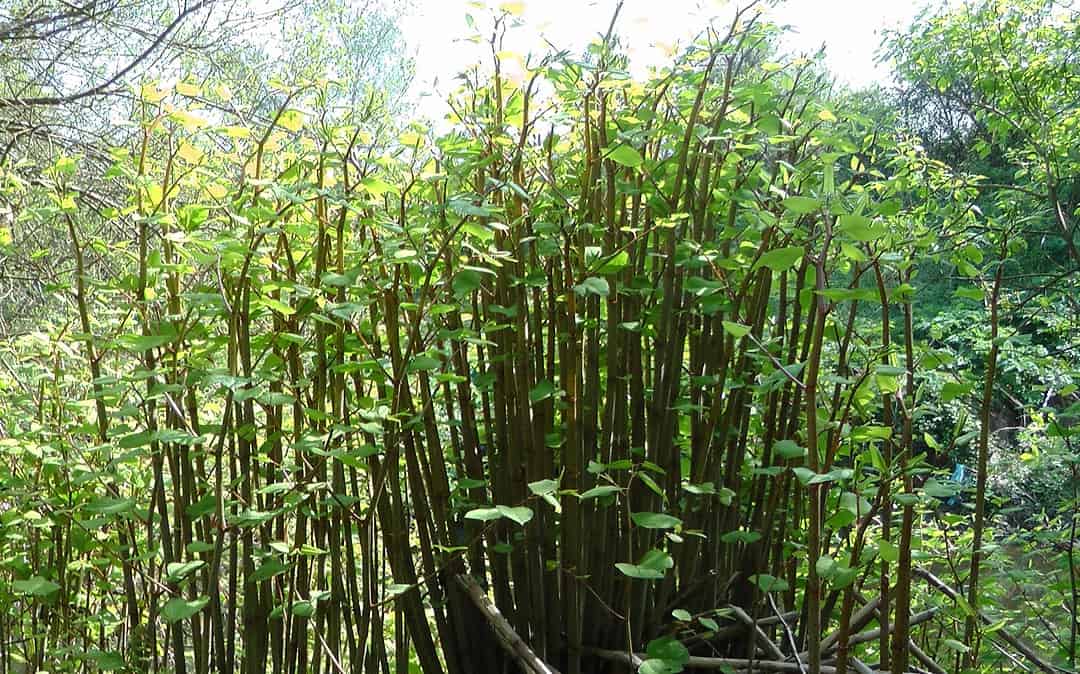Can I sue my Neighbour for Japanese knotweed? [2023]
Suing your neighbour
It may be possible to sue your neighbour for Japanese knotweed if the plant is causing damage to your property. Or if your neighbour is responsible for allowing the plant to spread to your property. However, it’s important to note that it can be challenging to prove that your neighbour is responsible for Japanese knotweed on your property, as the plant can spread quickly through underground roots and rhizomes.
It is recommended to take the following steps before suing your neighbour:
- Document the presence of Japanese knotweed on your property and the damage it is causing, if any.
- Notify your neighbour of the company of the plant on your property and ask them to take action to remove it.
- Seek legal advice from a qualified solicitor who has experience in property and environmental law.
- If your neighbour is found responsible, they may be liable for removing the plant from your property.
It’s important to note that using a neighbour can be time-consuming and expensive.
Resolving the issue through mediation or other means of dispute resolution may be more effective. Additionally, the cost of removing Japanese knotweed can be high. Hiring a professional to deal with the issue could be more cost-effective.
It is always preferable to avoid legal action whenever possible when Japanese knotweed is on their property. When initiating a conversation about this issue, it is crucial to approach the subject with sensitivity. It may come as a surprise to the neighbour in question. A tactful and diplomatic approach will increase the likelihood of a favourable outcome for all parties involved.
Cases brought to UK Courts
The issue of Japanese knotweed has been a cause for concern in the UK for many years. Beyond the aforementioned Waistell v Network Rail case, there have been other disputes, though not all have been as widely publicized. Here are a few more situations and cases involving Japanese knotweed:
- Smith & Another v Line (2017): This case revolved around an individual who sold a property without disclosing the presence of Japanese knotweed. The buyers later found out about the invasive plant and filed a claim for misrepresentation. The sellers were found liable for the costs of treatment and the diminished value of the property.
- Williams & Waistell v Network Rail Infrastructure Ltd (2018) continues the previous Waistell v Network Rail case. Two homeowners, Robin Waistell and Stephen Williams, sued Network Rail when Japanese knotweed from the railway embankment began to invade their properties. They claimed that the plant’s presence affected their property’s value. While initially, they won compensation for the decline in value, in this case, the Court of Appeal ruled that while Network Rail was not liable for the loss in property value, they were still responsible for the costs of treatment and damages for the loss of enjoyment of the properties.
- Local Authority Intervention: While not a direct lawsuit, there have been instances where local authorities have taken enforcement action against property owners who have failed to control Japanese knotweed. Under the Anti-social Behaviour, Crime and Policing Act 2014, local authorities can issue Community Protection Notices (CPNs) against individuals who don’t correctly manage knotweed, potentially leading to fines.
- Private Nuisance Claims: While specific cases aren’t consistently named in media reports, neighbours have had several personal nuisance claims. These are typically based on knotweed encroachment from one property to another, similar to the well-known Waistell v Network Rail case.
Many cases get settled out of court
It’s worth noting that while several disputes related to Japanese knotweed have made their way to court, many more are likely settled privately or don’t reach public attention. The presence of this invasive plant can lead to complicated legal and financial issues, and anyone dealing with it should seek appropriate legal and environmental advice.
Charles Lyndon is a boutique litigation firm based in London that specializes in dealing with legal issues related to Japanese knotweed.
The firm has lots of experience advising clients on Japanese knotweed’s legal implications. They have successfully represented clients in various cases, including disputes with a neighbour—claims against developers and contractors and compensation claims for damage caused by the plant. Charles Lyndon is known for their expertise in this area of law. Also, for achieving the best outcome for its clients. Suppose you have a legal issue related to Japanese knotweed. Consider contacting Charles Lyndon for guidance and representation if required.
